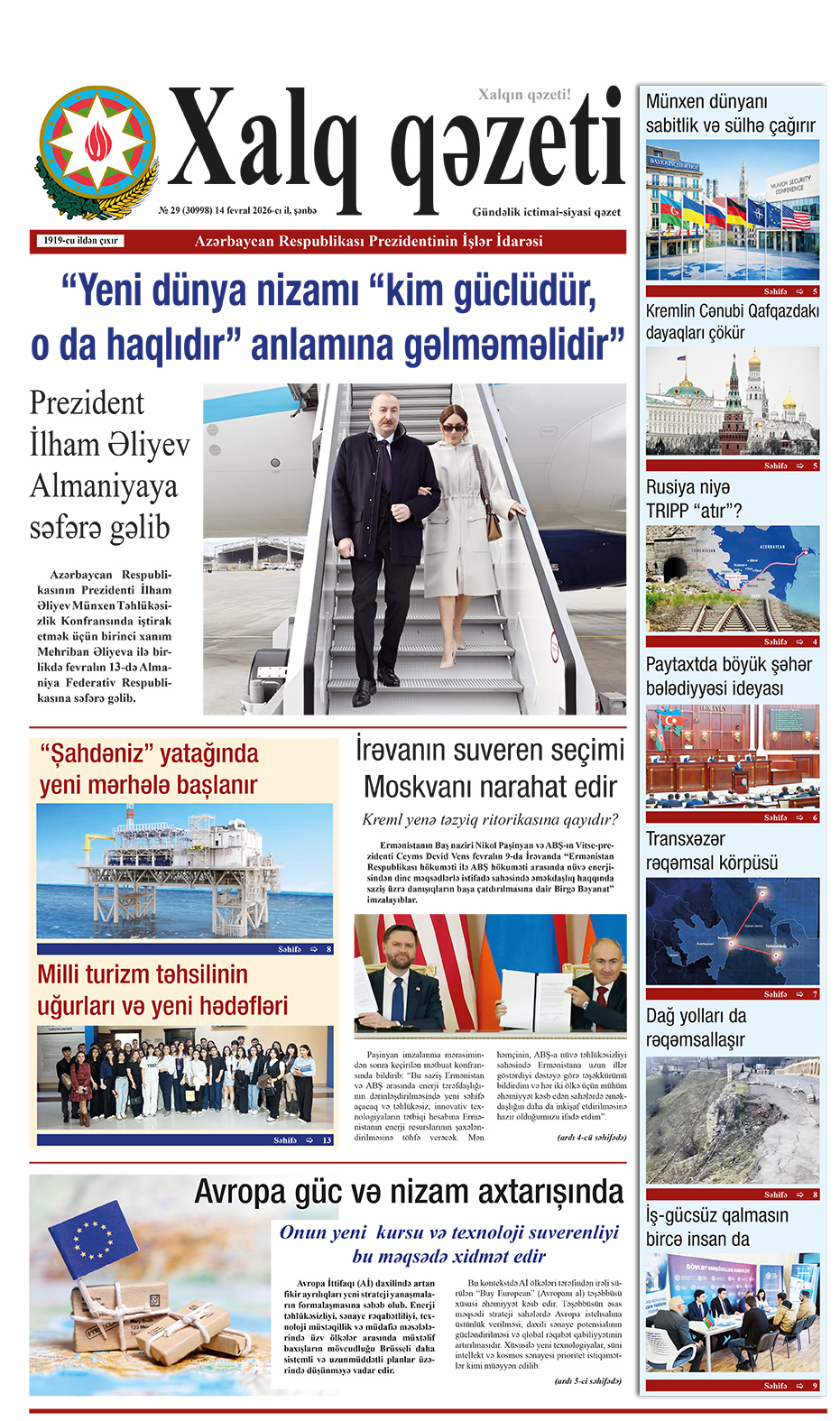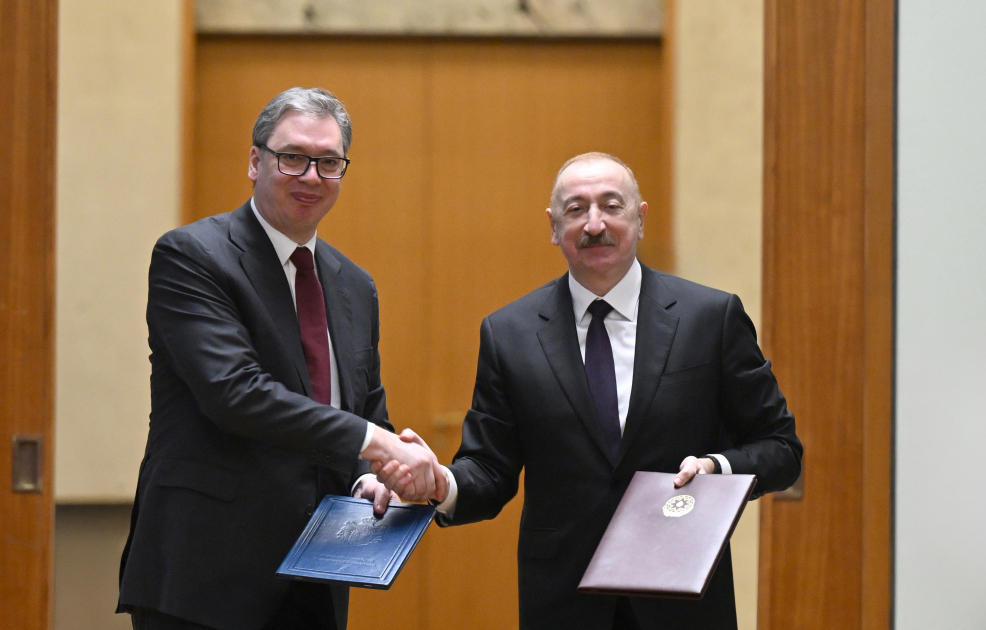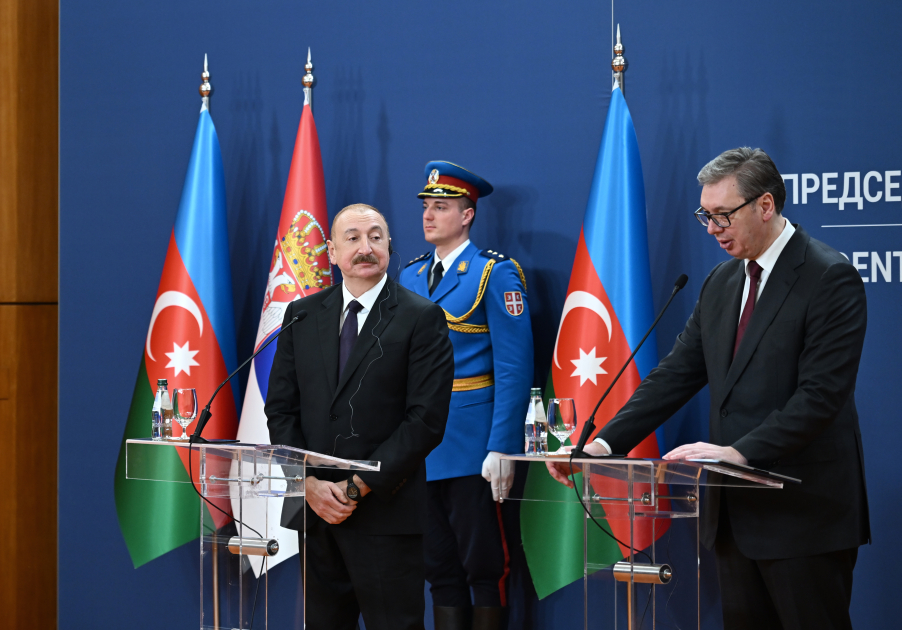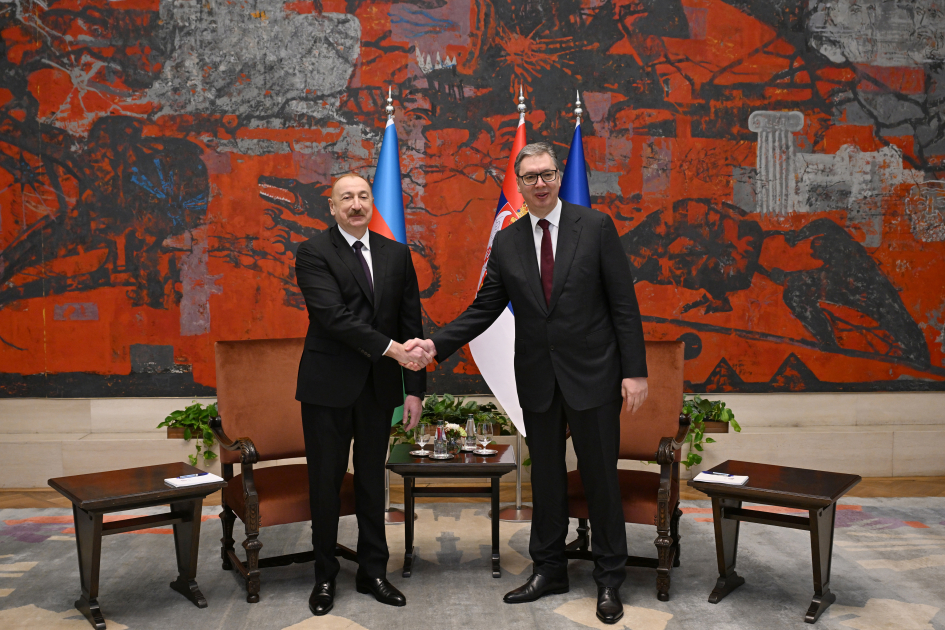It is not entirely clear what Lavrov's new initiative promises The Republic of Azerbaijan, which pursues an independent domestic and foreign policy, attaches special importance to the development of bilateral and multilateral cooperation with the countries of the region. Examples of regional platforms in which our country actively participates include the Organization of Turkic States, the Commonwealth of Independent States, GUAM - Organization for Democracy and Economic Development, the Black Sea Economic Cooperation Organization, and the emerging 3+3 format. The holding of the Summit meeting of the heads of state and government of the UN Special Program for the Economies of Central Asian Countries - SPECA on November 24 in Baku is an indication that our country attaches great importance to participation in that platform. The countries of the region openly declare that they are interested in the participation of Azerbaijan in the events held in their capitals.
One such format of cooperation has been unofficially established between the Caspian littoral countries - Azerbaijan, Russia, Kazakhstan, Turkmenistan and Iran. The leaders of the five countries hold periodic meetings. As a result of these meetings, on August 12, 2018, in Aktau, Kazakhstan, the heads of the five Caspian states signed the "Convention on the Legal Status of the Caspian Sea" at the fifth Caspian Summit meeting. Work has been going on for more than 20 years - since 1996 - on the convention consisting of 24 articles.
On December 5, 2023, a meeting of foreign ministers of the Caspian states was held in Moscow. The foreign ministers of all the Caspian littoral states took part in the meeting. At the meeting, opinions were exchanged among the Caspian littoral states on the agenda of sectoral cooperation in various fields, including economic, trade, investments, energy security, communications, environmental protection and other fields.
Russian Foreign Minister Sergey Lavrov said in his introductory speech: "Today we can confidently say that cooperation in the Caspian Sea has reached a high level. However, additional efforts are required to improve the quality of the five-way interaction and strengthen its international legal basis. Today's meeting is dedicated to these tasks. We have identified a wide range of topics that are important in the context of the implementation of the decisions of the Caspian summits. We will focus on practical issues and the drafts of the documents we are reviewing."
Later, the Russian Foreign Minister made a new initiative. He said that the efficiency of the work can be increased by establishing the Caspian Council, a cooperation and dialogue forum without any bureaucratic scheme (like secretariats). S. Lavrov stressed that they are waiting for an interesting discussion of this initiative.
He also said that practical cooperation between the Caspian states contributes to ensuring security, stability and sustainable development in Eurasia: "The deepening of practical cooperation between the Caspian states is also relevant in a wider sense. I mean the formation of a multipolar world order in the context of strengthening the positions of new centers of world development. In this context, the joint activity of the Caspian littoral countries makes an important contribution to ensuring security, stability and sustainable development in the Eurasian continent."
In their comments on the issue, Russian media organizations noted that S. Lavrov's proposal envisages further strengthening of mutual relations between the ministers of foreign affairs, prompt resolution of the problems and misunderstandings. Pavel Danilin, director of the Center for Political Analysis and Social Research, noted that the successful holding of a number of international events with the participation of Russia, the proposed initiatives, as well as the meetings held in Moscow show that his country is not in an isolated situation: "Kremlin, taking into account the current global situation regarding energy resources , pays special attention to issues of cooperation in the field of natural gas between Caspian littoral countries. The meeting held in Moscow on December 5 is also an opportunity for Russia to discuss economic and strategic cooperation with its Caspian neighbors, including Iran, which has been under sanctions for many years.
Stanislav Pritchin, senior researcher for Central Asia at the Center for Post-Soviet Studies, noted that the Russian Federation is currently rebuilding its foreign policy in relation to Central Asian countries: "At a time when the European Union and as a whole, the Western direction is not a priority for Russia, the search for alternative directions is underway. Therefore, all dialogue platforms in Eurasia, including the Caspian, are updated. In order to realize the potential and prospects of the region within the framework of the Caspian dialogue, work is being done to find intensified opportunities for economic and investment cooperation.
Some experts say that Russia's concern is behind Lavrov's proposal. For example, Kirill Krivoshayev, an employee of the Carnegie Foundation's office in Moscow, believes that Russia is thinking about the creation of a new format and is making efforts not to let countries that do not border the sea into the Caspian basin: "Some council may be formed. I think that it is possible to discuss a number of problematic issues in this council. However, I do not believe that he will have wide opportunities. It is impossible to prevent the entry of new players into the region and the emergence of new cooperation processes with the newly created organization. Russia itself should be ready for cooperation. "Moscow must either participate or isolate itself."
It goes without saying that time will tell whether the Russian diplomat's proposal will come true or not, and if so, how effective it will be. However, we must note that this initiative is not new. Back in December 2021, S. Lavrov said that at the next summit of Caspian heads of state to be held in Ashgabat, Russia will propose the establishment of the Caspian Council: "We propose that the Caspian Council be located in Astrakhan. The details are currently being negotiated. So far, no one has objected to this initiative. There are fears from a number of our colleagues that this will be the next bureaucratic structure. Here, probably, the main issue is how to organize it. It can be organized not as some big secretarial machine, but as a regular institution related to various aspects of Caspian cooperation. This should be done on a permanent basis, not only in the context of preparations for the summit of the leaders of the Caspian countries.
It should also be noted that Azerbaijan always attaches great importance to the strengthening of cooperation between the Caspian littoral states. Our country emphasizes the importance of being guided by international legal norms within the framework of the Caspian region, especially the principles of territorial integrity, sovereignty, and inviolability of borders. Azerbaijan is in favor of strengthening the existing legal framework between the Caspian littoral states for the joint use of the sea for the purposes of peace, friendship and solidarity, as well as the entry into force of the Convention "On the Legal Status of the Caspian Sea" as soon as possible.
At the same time, our country pays attention to issues related to the ecological condition of the sea. The Convention also states that the environmental factor should be taken into account when implementing large-scale marine projects. Moreover, the construction of the pipeline through the seabed does not require the consent of all the "five" countries, the details are agreed upon by the states through which the pipeline passes. One of the most important problems facing the Caspian littoral countries is the shallowing of the Caspian Sea and the resulting ecological consequences. It should be noted that in this regard, President Ilham Aliyev initiated the creation of a relevant expert group. Currently, work is being done to organize a relevant meeting of experts in Baku.
Apparently, Azerbaijan is interested in turning the Caspian, where rich oil and gas fields are located, into a basin of friendship and cooperation. At the same time, the protection of its ecology, flora and fauna is of great importance for our country. Azerbaijan has always supported initiatives related to the Caspian Sea. The only wish of our country was that these initiatives were carried out in good faith.
Ilgar VELIZADE,
political scientist
The proposal put forward by the Minister of Foreign Affairs of Russia is, in fact, interesting. Because the leaders of the Caspian littoral states meet regularly and discuss various pressing issues. If a cooperation format called the Caspian Council is established among the ministers, the meetings can become a certain framework and have a systematic character. For example, consultative meetings are held between the heads of Central Asian states. There is no secretariat there either. But the leaders meet regularly, discuss various issues, and make important decisions. In the next meeting, they analyze the work done in the direction of the implementation of the decisions. It is very important to hold meetings between the heads of foreign affairs of Caspian countries on a certain daily basis and in one country at a time.
In particular, it should be taken into account that serious processes have been taking place in the Caspian Sea in recent years. Sea level decline is a deep concern. Of course, urgent steps should be taken to solve these problems. At least holding meetings and making decisions about it is important.
Thank you for your generosity
XQ




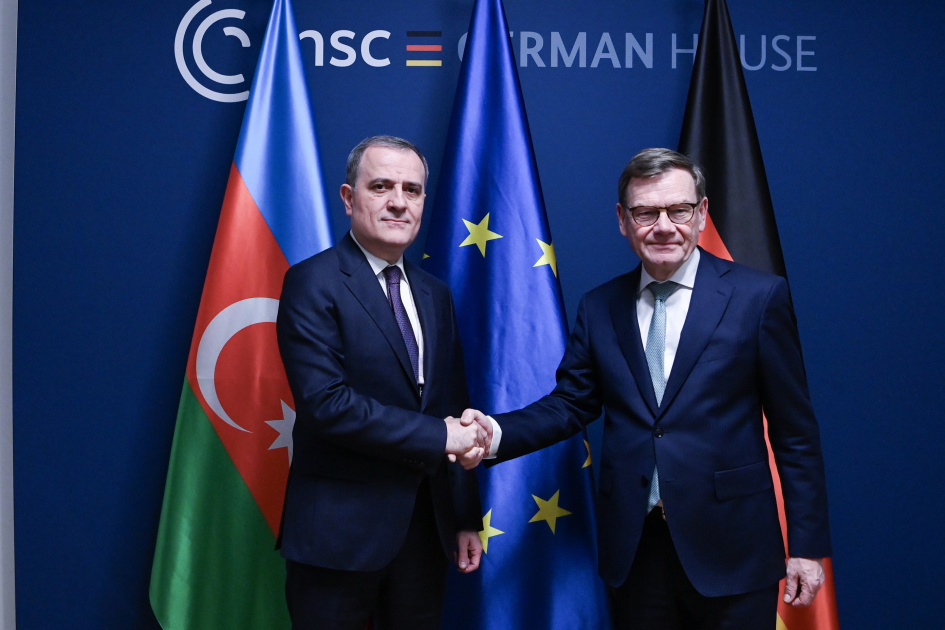
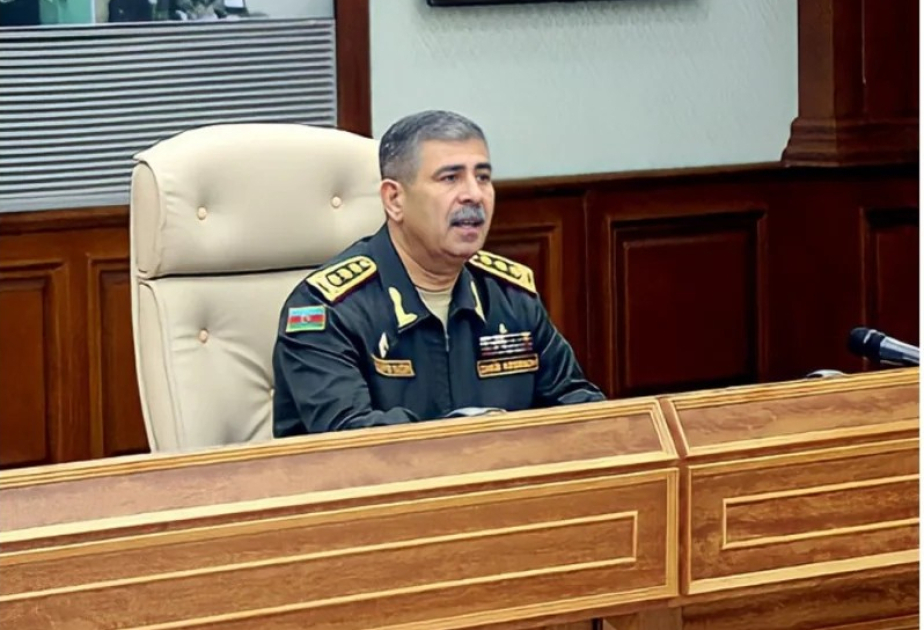
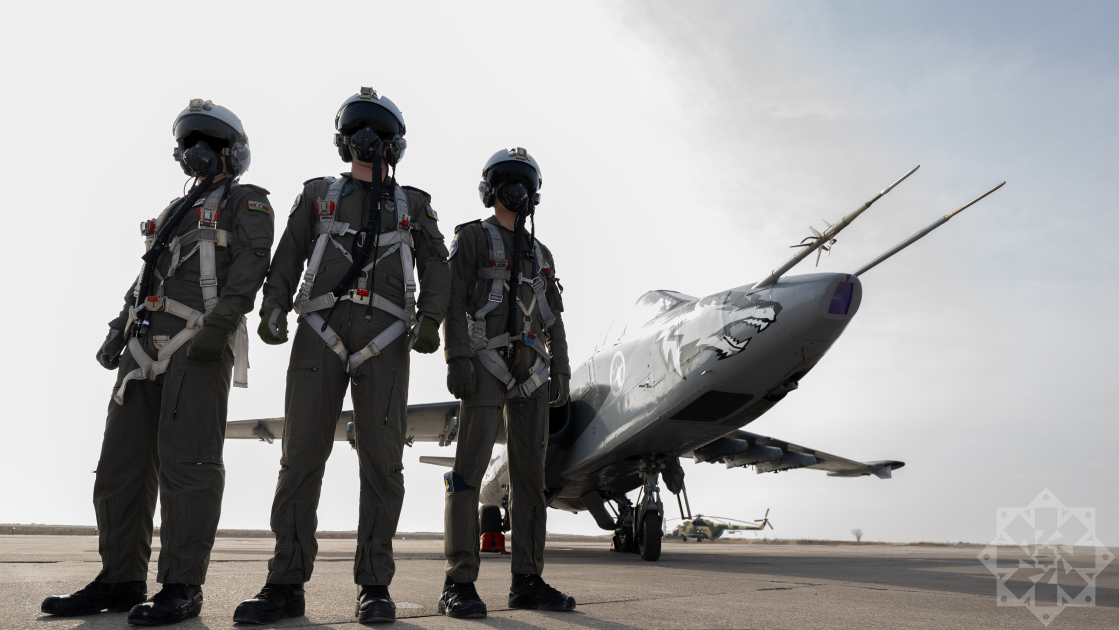
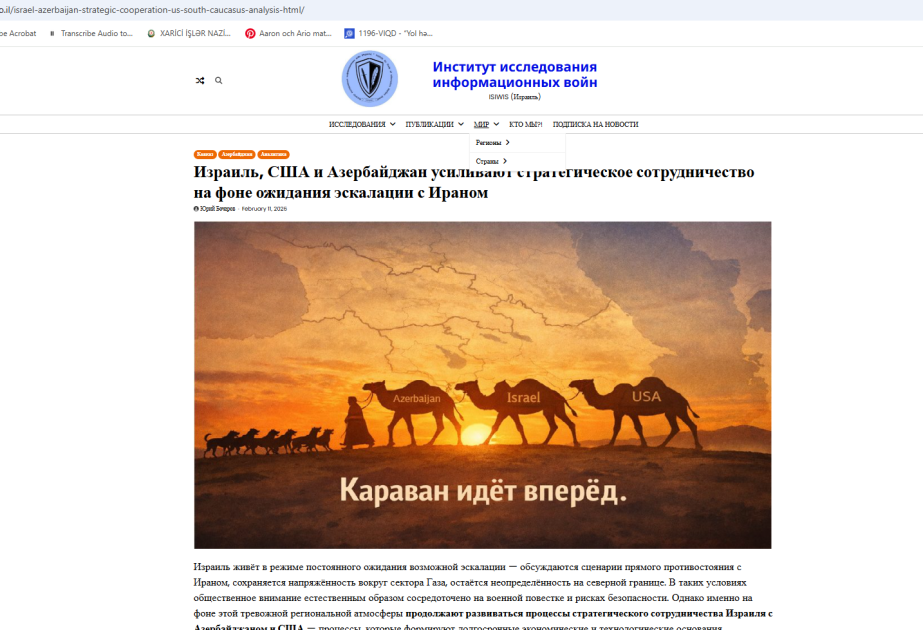
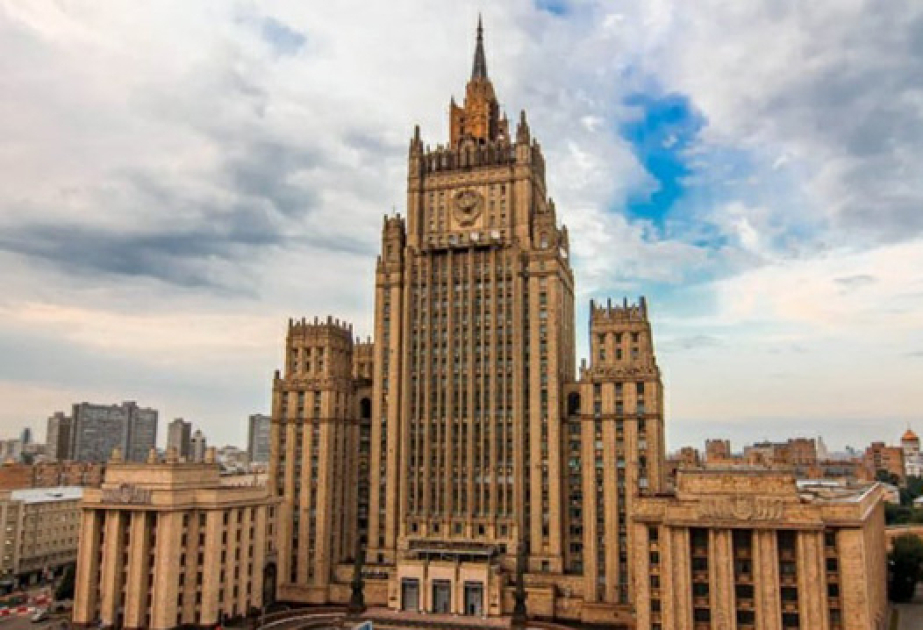
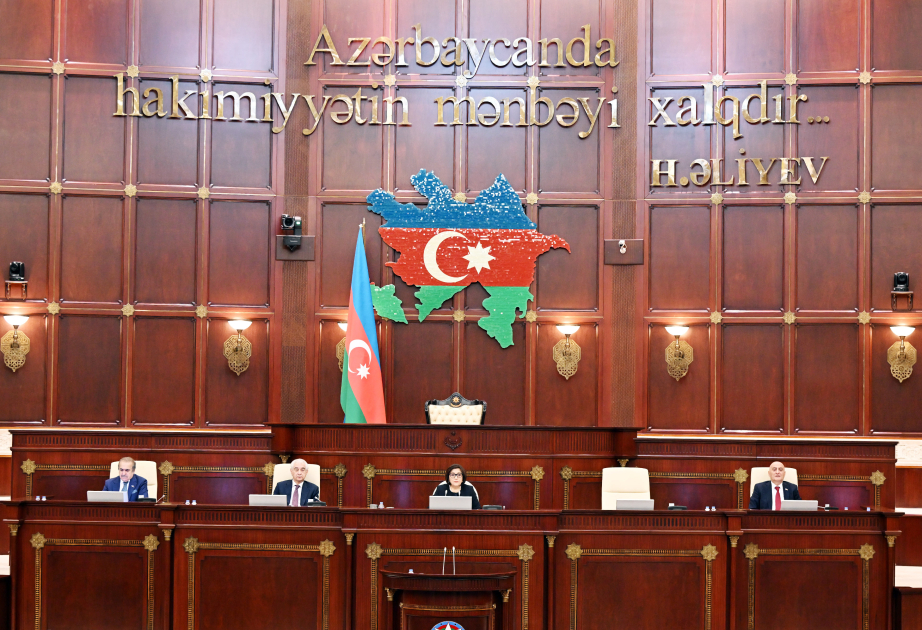
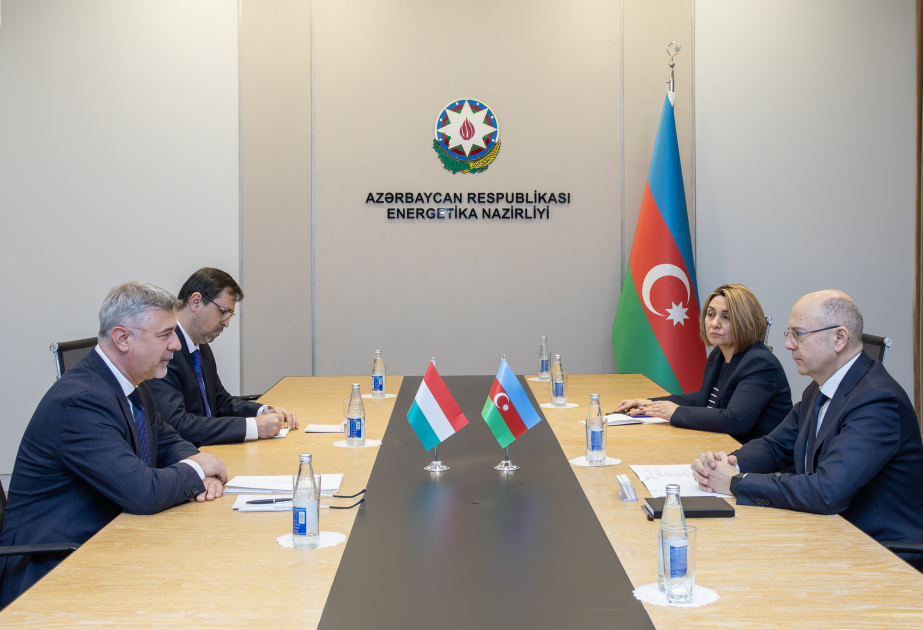
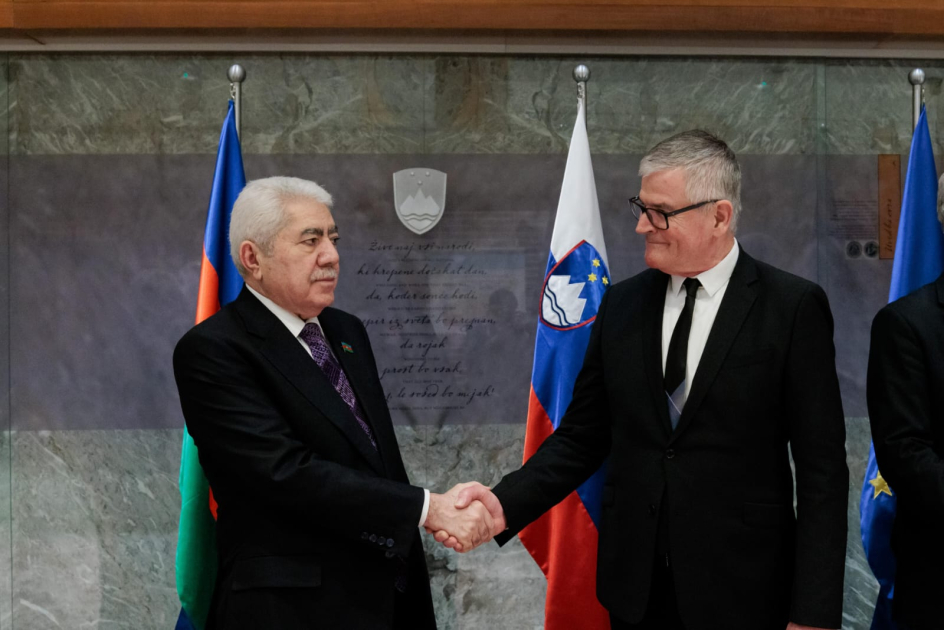
.png)



